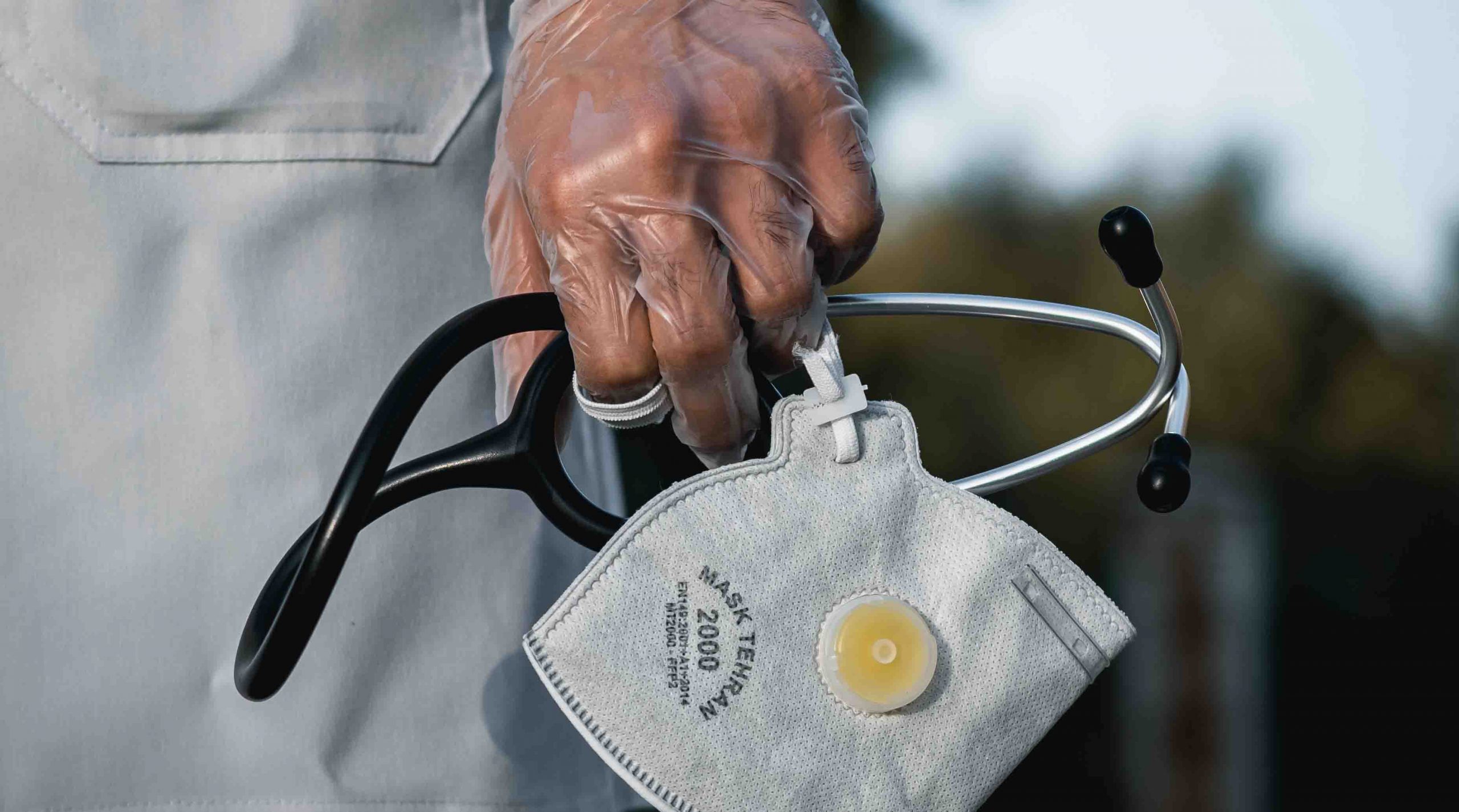
Stories
Facing second wave of coronavirus, many Spanish doctors feel unprepared
New study looks at impact of pandemic on healthcare workers
Up to 31% of professionals who do not have team support say they face ethical conflicts frequently.
October 9, 2020
The COVID-19 pandemic is having a huge impact on the physical and emotional health of the general population. But Spanish health professionals are a particularly vulnerable group, as they cope with the daily stress of being on the frontline of care, a lack of means, the pressure of making difficult decisions and a fear of contagion.
Preliminary data from a study on the impact of COVID-19 on the health of health professionals — carried out by the Galatea Foundation, the CoMB and professors Núria Mas of IESE and Judit Vall of IEB-UB — confirms that the current health crisis has harmed the physical and mental health of health professionals.
The impact has been so great that this group now feels more tired and less prepared to deal with a second wave of the pandemic. This is affirmed by up to 42% of health professionals.
The exhaustion shown by doctors is also evident in the 24% who say that at some point over the last few months they have questioned whether they wanted to continue working in their profession (22% have considered leaving their jobs, while 2% have considered this option more seriously).
Symptoms of and groups most affected
The survey confirms the worsening physical and mental health of doctors from several indicators: the frequency with which they experience physical and emotional exhaustion, headaches, stomach ache or back pain; as well as the capacity to deal with problems, among others.
The study finds that there are certain groups that show worse health indicators, such as the doctors working in primary care, those who worked at UCIs and emergency services and those who decided to self-isolate during the harshest months of the pandemic.
Teamwork as a protective element
One of the most positive aspects revealed by this study is the role of teams as protective elements for the health and well-being of doctors. Professionals who work in teams where goals are shared and where there is a sense of belonging report better indicators of physical and emotional health than the rest. These professionals face fewer ethical conflicts and less stress in their daily activity, as decisions and problems are shared.
According to the survey, up to 31% of professionals who do not have the support of a “protective team” say they face ethical conflicts frequently, a percentage that drops to 25% among professionals who feel integrated and supported by a team.
General recommendations
The preliminary results of the study make it possible to formulate general recommendations aimed at improving the health of healthcare professionals, reducing risk factors and promoting preventative activity:
- Reform the current health system. Move towards having adequate human and financial resources and more autonomy for health professionals and teams.
- Prioritize the health of health professionals. They must be offered adequate care, in terms of treatment, prevention and the promotion of well-being.
- Promote professional training. Improve preparedness in relevant areas such as management of emotions and stress, and complex decision-making.
- Promote and support working in teams. Facilitate how teams can operate best, as they are one of the main protective elements that the system itself can offer.
The preliminary data of this study are based on a survey of 1,648 doctors in Catalonia who responded between July and August 2020.


